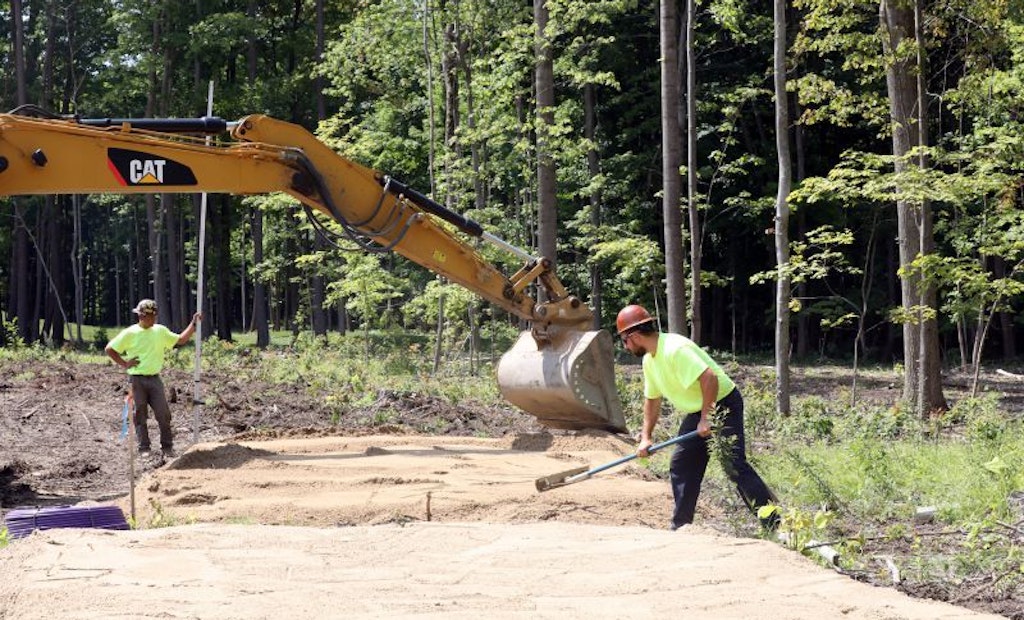This industry is filled with hardworking, talented individuals who are proud of our industry, and we enjoy sharing their work with you.
Every month installers share their best advice, industry insights, the craziest questions homeowners ask them, and the jobs they’ll never forget. We hope you enjoy reading these stories to learn from others in the industry and glean tips and tricks to implement in your own business.
We rounded up some of the more memorable stories and quotes to share with you again.
The job I’ll never forget: The most memorable job happened when I was about 8 years old on a job with my father pumping out a restaurant customer’s cesspool. We were on the side of a hill. We didn’t have vacuum trucks back then; we had these centrifugal pumps, and if they sucked air, you would lose the load. My father was checking to see how full the truck was, and I was down pumping the tank. I must have lifted the hose out of the cesspool, and as soon as that air went up and hit that pump, it immediately lost compression and suction. The owner was standing on the other side of the septic tank, and suddenly all that product came flying down out of that 3-inch hose. It actually set me back, and the hose lifted and hit the guy and knocked him down the hill. The poor guy, he was just full of sewage.
– Ned Lang, president, Enviroventures, Narrowsburg, New York
David Mastin, company manager, KESS Environmental Services, Opelika, AlabamaWe have a rule we try to follow: If we hire you, it’s going to be a lifetime hire. We encourage you to get your septic installation license. When you start wanting to take over a crew, we offer you a slot at the school if you want to take it. With that slot, we pay for your school, we pay for your hotel, we pay for your testing, we pay for everything. And then on top of that, you’ll get a raise because in our minds that means you’ve taken the step: You want to better yourself.”
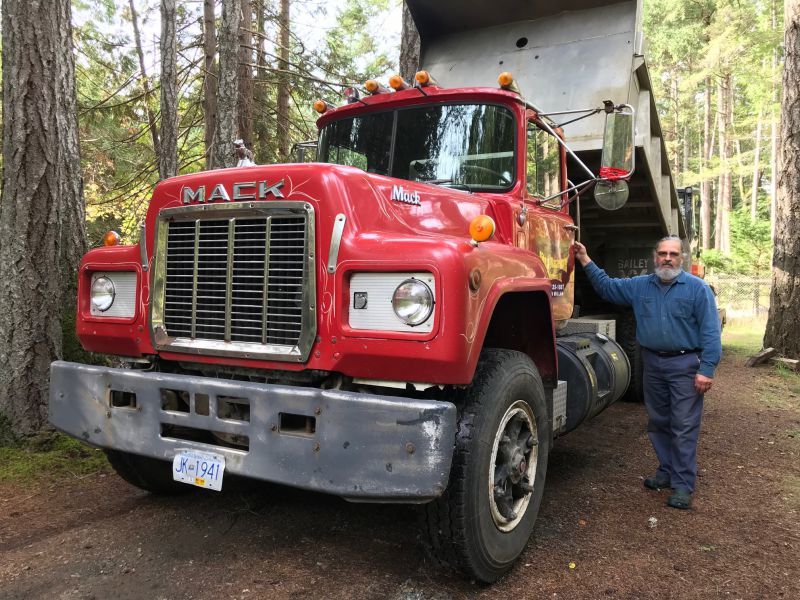
Garth Millan
– Garth Millan, co-owner, JAB Site & Wastewater Solutions, Hornby Island, British Columbia
– James Baxter, operations manager, Baird’s Septic Tank Pumping, Upper Onslow, Nova Scotia
We’re installing Wi-Fi and Mi-Fi connections and using their routers to email us when there is an alarm condition. The alarms are silenced. When the alarm is triggered, we receive an email and send the pump truck without any phone calls or other interactions. We’re going to put them in wherever we have clients who are struggling with failing systems. We have an area near us that is being converted to sewer, and about 1,000 homeowners are waiting for the sewer line to come in. Some are in dire distress situations where we pump every other week. We’re going to put the Wi-Fi connections in wherever someone needs to get pumped before the liquid rises to the level of the sewer line and causes a backup.
– David DiGregorio, co-owner, Delaware Valley Septic, Sewer & Storm, Springfield, Pennsylvania
Most times, clients don’t realize how invasive installation and repair work will actually be. Seeing a design on paper is a lot different than the reality of having your property damaged by all the earth-moving work required to complete a job. We tell our clients their property will look like a bomb hit it for about a week, but then it will all be restored the following week.
– T.J. Dell’Arciprete, co-owner, Delaware Valley Septic, Sewer & Storm, Springfield, Pennsylvania
Willie Brown, co-owner, Black Mountain Excavating, Payson, ArizonaI don’t play the negotiating game. If customers argue price with me, I give them another phone number and walk away. My quotes are competitive, so why should I lose money to these people? In the end, it means I’ll be unable to pay a bill.”
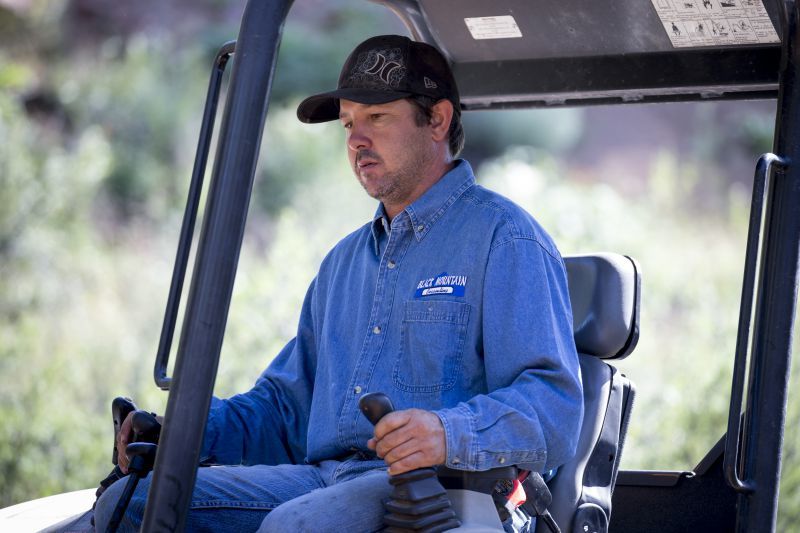
Willie Brown
– Ronnie Thomas, principal owner and consultant, Triple R Construction Co., Manassas, Virginia
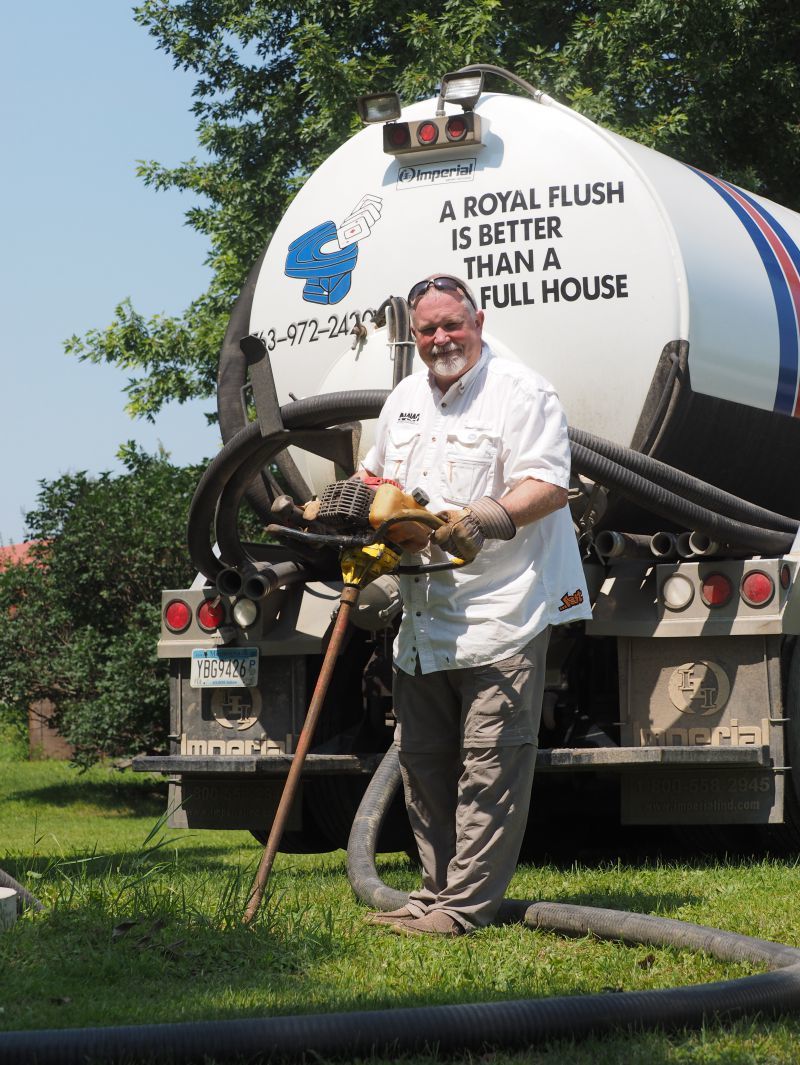
Part of the right choice is what’s going to be the most affordable. Treatment is the first decision, and the second choice is what it costs to install the system and keep it working. That’s the place where the industry is going to learn the most in the next 10 years: What is the real economy around these different technologies?
– Dave Gustafson, instructor, University of Minnesota’s Onsite Sewage Treatment Program
– Mike Stairs, president/owner, Mike Stairs General Contracting, Lakeville Corner, New Brunswick
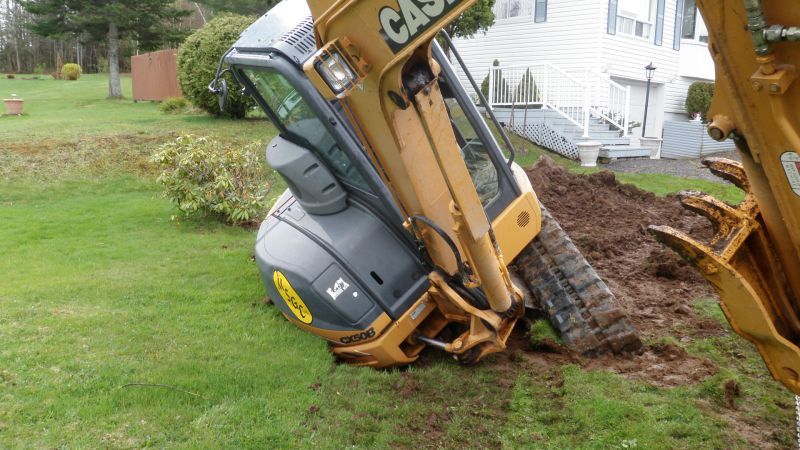
This is evidence of the job Mike Stairs will never forget. His Case excavator ran over the location of a deteriorating steel tank and collapsed into the mud.
– Justin Haynes, president/owner, Southland Septic Service, Hot Springs, Arkansas
Kendall Unruh, co-owner, Western Septic & Excavation, Buhl, IdahoI like the fact that you can be diversified in the business and still be focused on the wastewater niche market. There are a lot of different things you can do and still be just septic and sewer guys.”
– Paul Mumford Jr., co-owner, Mumford Services, North Kingstown, Rhode Island
The wastewater industry is the most down-to-earth environmental protection industry you could be in. We are the actual boots on the ground protecting groundwater in a significant way through the proper treatment of wastewater. When that is recognized, then maybe changes to our industry will happen much quicker than they are now.
– Jason Holtvogt, owner, Holtvogt Sand and Gravel, Humboldt, Saskatchewan
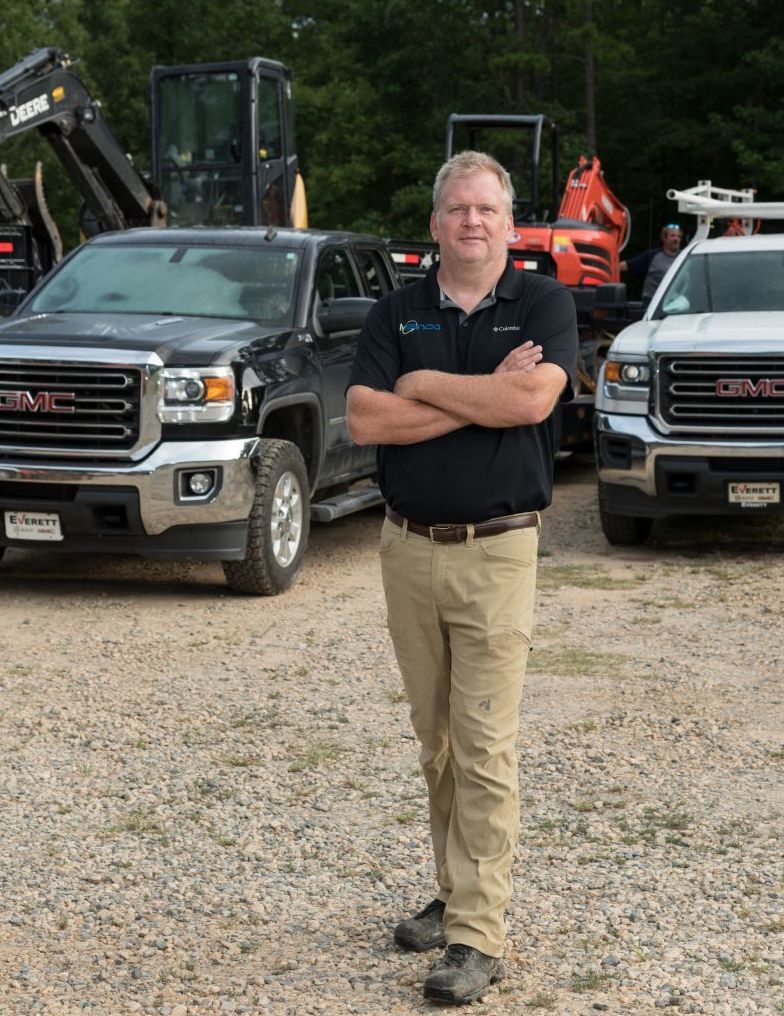
I’m overqualified to design, install or service wastewater systems, but I’m no longer plagued by questions I had in 2012. What I learned enables me to push the limits of soil and know when to tell clients I can’t help them.
Learning how to say no is a big milestone in business. If you say yes and fail, that’s all people remember. If you tell them what they are asking is unrealistic and explain why, they’ll respect that.
– David Meints, owner, MEINCO Wastewater Services, Alexander, Arkansas
Charlie Seamon, vice president and owner, Triple R Construction Co., Manassas, VirginiaAfter installing an AquaO2 Wastewater Treatment Systems mound system, the owner told us to move it because it blocked their view of the lake — a $50,000 job. Not happening.”
– Scott Marut, vice president, Marut and Sons Excavating, Perry, Ohio
The advice that I’ve been able to put into practice and that’s worked for me is to just show up every day and be honest. Sometimes showing up just means getting through a bad day and coming back tomorrow. And if you are honest in what you tell your customers, you don’t have to remember any lies. … You just tell it the way it is and people will pay you for that. Honesty also includes saying you don’t know sometimes.
– Gary Pinkas, owner, Bradford Septic Tank Co., West Palm Beach, Florida
Be clear in your expectations of the people you work with. We put up a sign that’s just for our guys, and it’s my expectation: “Triple R — we do very good work.” They see that sign every day, and I expect them to fulfill it. It’s been a successful recipe so far.
– Mark Burns, president and owner, Triple R Construction Co., Manassas, Virginia
